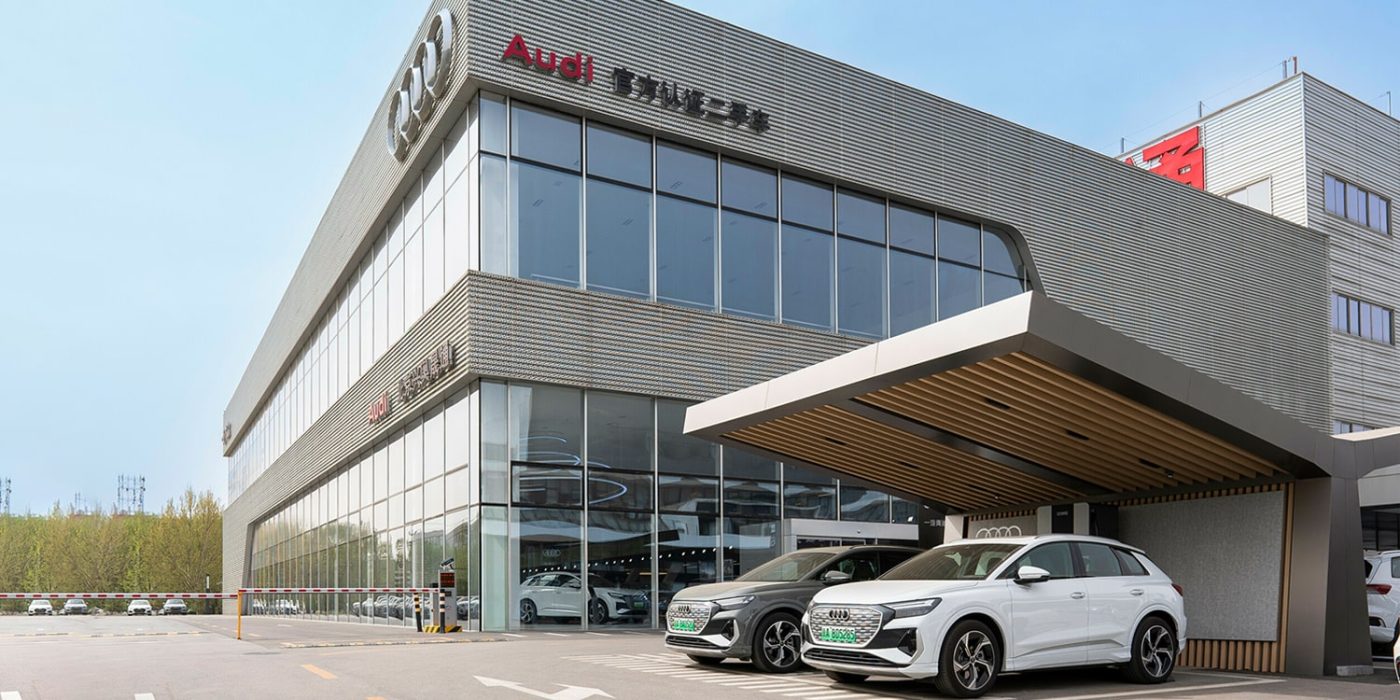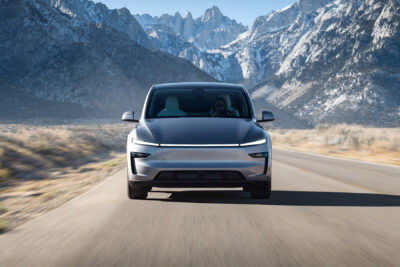Audi is negotiating with SAIC over platform use
The rumour that Audi is considering buying an electric car platform from a competitor in China for the first time is getting more specific. According to an agency report, Audi is said to be negotiating with the Chinese car group SAIC about the purchase of an electric car platform from IM Motors.
This was initially reported by Reuters, citing two people familiar with the matter, who say that the talks are already at an advanced stage. Corresponding rumours became known at the beginning of this week when the German publication Automobilwoche reported on these alleged considerations. The information at the time came from unspecified company circles.
IM Motors is a Chinese joint venture of SAIC and Alibaba, but is controlled by SAIC. The company started mass production of its first model, the IM L7 electric luxury sedan, in March 2022. At the end of 2022, IM Motors presented its second series model, the LS7 electric SUV. The L7 is exactly five metres long, has an electric all-wheel drive with 400 kW system power and uses battery cells from CATL; earlier reports spoke of two options with 93 or 115 kWh.
SAIC is already also a joint venture partner of the Volkswagen Group in China. Nevertheless, a possible platform takeover of SAIC in China is interesting: together with FAW, Audi is currently building an electric car plant in China, where from the end of 2024 up to 150,000 units per year are to be built based on the PPE. This is the platform on which the upcoming A6 e-tron and Q6 e-tron models are based. Although VW cooperates with both FAW and SAIC, this was not always the case with Audi: when a cooperation with SAIC was planned in 2017, FAW-Audi dealers went on strike in the meantime and no longer sold Audi vehicles. The rivalry among Chinese manufacturers should not be underestimated.
Although the talks, which Audi did not want to confirm by the way, are said to be at an advanced stage, little is known about the contents – only the fact that they have taken place. It is not known whether Audi wants to use the platform under licence, have vehicles built on the platform by SAIC or even take over the rights to the platform completely. Reuters said it could not directly “ascertain what price Audi offered for the EV platform and whether SAIC would continue to be involved in the production of the L7 sedan after the deal.”
Audi currently offers the MEB models Q4 e-tron and Q5 e-tron in China. The latter has nothing in common with the combustion model, which is built in Mexico, but is the Audi offshoot of the VW ID.6 X, an electric SUV for the Chinese market. Both models come off the production line together in Anting. In addition, the PPE models will come from the new plant in the future.
The background to the possible cooperation on the vehicle platform is that the VW Group’s upcoming SSP platform has been delayed by several years. Originally, this was to debut with the new VW flagship Trinity in 2026 and would then also have been available to Audi in a timely manner. But the SSP and the Trinity have been delayed to 2029 or 2030, depending on the source. However, Audi must and wants to bring further electric vehicle models to market in this period and apparently not only rely on the PPE platform.
As recently as June, outgoing Audi CEO Markus Duesmann had told Reuters that the brand needed to accelerate the development of new models to meet the rising demand for electric vehicles, especially in China. However, sales performance had fallen short of expectations due to a lack of vehicles that were optimal for Chinese needs, he added.





0 Comments